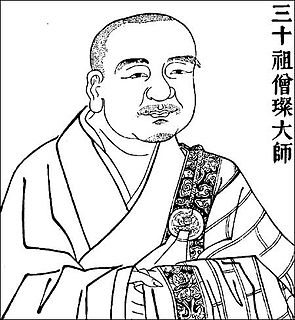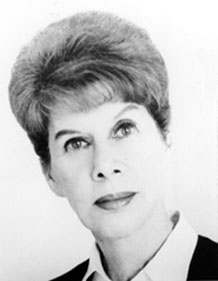A Quote by Mary Baker Eddy
To live and let live, without clamor for distinction or recognition; to wait on divine love; to write truth first on the tablet of one's own heart - this is the sanity and perfection of living, and my human ideal.
Related Quotes
We may live without poetry, music and art; We may live without conscience, and live without heart; We may live without friends; we may live without books; But civilized man cannot live without cooks. . . . He may live without books,-what is knowledge but grieving? He may live without hope,-what is hope but deceiving? He may live without love,-what is passion but pining? But where is the man that can live without dining?
You are wrong if you think you cannot live without love. I cannot live without it. I do not mean that I go into a decline, develop odd symptoms, became a caricature. I mean that I cannot live well without it. I cannot think or act or speak or write or even dream with any kind of energy in the absence of love. I feel excluded from the living world. I become cold, fish-like, immobile. I implode.
In order to settle down in the quiet of our own being we must learn to be detached from the results of our own activity. We must be content to live without watching ourselves live, to work with expecting immediate reward, to love without an instant satisfaction, and to exist without any special recognition. It is only when we are detached from ourselves that we can be at peace with ourselves.
Remember that in ascending to the Father You could not leave us orphans; And in making yourself a prisoner on earth You knew to veil all your divine rays. But the shadow of your veil is luminous and pure. Living Bread of faith, Celestial Food, O mystery of love! My daily Bread, Jesus, is You!... Jesus, it is you who, despite the blasphemies Of the enemies of the Sacrament of love, It is you who want to show how much you love me, Since you make your dwelling in my heart. O Bread of the exiled! Holy and Divine Host, It is no longer I who live, but I live on your life
Scott-there's nothing in the world I want but you-and your precious love. All the material things are nothing. I'd just hate to live in a sordid, colorless existence-because you'd soon love less-and less-and I'd do anything-anything-to keep your heart for my own-I don't want to live-I want to love first and live incidentally.
If the denial of death is self-hatred, as it is to deny our freedom and live in fear of death (which is to say, to live in a form of bondage), then the acceptance and affirmation of death is indeed a form of self-love. But I'd want to make a distinction between a form of self-love which is essential to what it means to be human, and a narcissism of self-regard, like Rousseau's distinction between amour de soi and amour propre, self-love and pride.
My prayer for you is that you may grow in the likeness of Christ, being real carriers of God's love and that you really bring his presence, first, into your own family, then, to the next door neighbor, the street you we live in, the town we live in, the country we live, then only, in the whole world, that living example of God's presence.







































